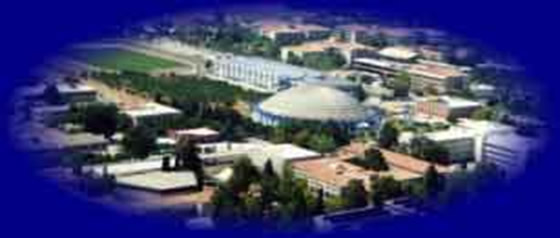Turkey 2006
From 2006.igem.org
| Line 1: | Line 1: | ||
== Welcome, [http://www.ege.edu.tr EGE UNIVERSITY in Turkey] == | == Welcome, [http://www.ege.edu.tr EGE UNIVERSITY in Turkey] == | ||
| - | |||
| - | |||
| - | + | == GENERAL INFORMATION == | |
| - | + | ||
| - | |||
| - | |||
| + | [[Image:ege1.jpg]] | ||
| - | + | Ege University is a state university that acts as a focal point for education, research, cultural and social activities in the city of Izmir and the Aegean region. The University is one of Turkey 's leading campus universities, with a major commitment to education, research, cultural and social activities. The University aims to give its students the opportunity to acquire specialized knowledge and training in a wide range of related areas and they are encouraged to develop their powers of observation, creativity and flexible thinking. | |
| + | Ege University adopts the fundamental ideal of achieving excellence and highest quality in undergraduate and graduate education, in research and in public service by encouraging critical intellectual development, combining research and teaching, redefining educational goals of this millennium and by utilizing physical and human resources to provide a better learning environment and guided education. | ||
| - | + | Ege University is the University of Choice for intelligent, motivated students who are willing to learn and accept responsibility and wish to receive high quality education in an atmosphere where ideas are freely exchanged. | |
| - | + | Being a university with an international perspective, the educational system of Ege University is based on the principle of creative teaching and participatory learning. The University embraces many diverse fields and disciplines of study; therefore the academic calendar and the duration of studies vary. | |
| - | + | The educational process is enriched by a number of other activities, parallel to the core studies, such as seminars, lectures by invited scholars, educational visits, as well as summer schools and conferences that are organized by the University's Departments. The curricula of all the institutions of the university contain required courses and a wide choice of electives offered both within and outside their area of specialization, some taught in English. | |
| - | + | ||
| - | + | ||
| - | + | ||
| - | + | ||
| - | + | ||
| - | + | ||
| - | + | ||
| - | + | ||
| - | + | ||
| - | + | ||
| - | + | ||
Revision as of 05:07, 11 May 2006
Welcome, EGE UNIVERSITY in Turkey
GENERAL INFORMATION
Ege University is a state university that acts as a focal point for education, research, cultural and social activities in the city of Izmir and the Aegean region. The University is one of Turkey 's leading campus universities, with a major commitment to education, research, cultural and social activities. The University aims to give its students the opportunity to acquire specialized knowledge and training in a wide range of related areas and they are encouraged to develop their powers of observation, creativity and flexible thinking.
Ege University adopts the fundamental ideal of achieving excellence and highest quality in undergraduate and graduate education, in research and in public service by encouraging critical intellectual development, combining research and teaching, redefining educational goals of this millennium and by utilizing physical and human resources to provide a better learning environment and guided education.
Ege University is the University of Choice for intelligent, motivated students who are willing to learn and accept responsibility and wish to receive high quality education in an atmosphere where ideas are freely exchanged.
Being a university with an international perspective, the educational system of Ege University is based on the principle of creative teaching and participatory learning. The University embraces many diverse fields and disciplines of study; therefore the academic calendar and the duration of studies vary.
The educational process is enriched by a number of other activities, parallel to the core studies, such as seminars, lectures by invited scholars, educational visits, as well as summer schools and conferences that are organized by the University's Departments. The curricula of all the institutions of the university contain required courses and a wide choice of electives offered both within and outside their area of specialization, some taught in English.
